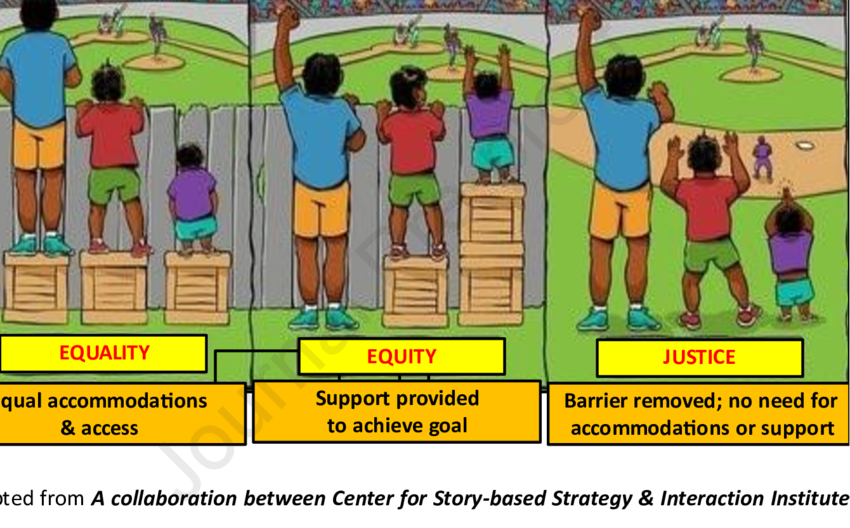Have you ever gotten a call from your child’s teacher, hearing excuses for their poor grades? It’s a common issue for many parents, as excuses for students are on the rise in our schools.
Poor excuses for a student may be a one time get out-of-jail card but could also signal an incoming or ongoing fall-off.
Consider young Max, whose unsatisfactory educational progress puzzled his teacher. When asked about his low test scores, Max said he didn’t cover 100% of the material in class. The teacher found this inadequate academic effort both funny and confusing.
We’ve all heard excuses like “The dog ate my homework” or “I was busy with my YouTube channel.” These slacking students’ comments used to be funny but now show a bigger problem. They hide a deficient scholarly application and substandard pupil dedication to doing well in school.
But, unsatisfactory educational progress isn’t just from being lazy. It’s a complex issue that needs a closer look at what’s causing unimpressive learner engagement and a disappointing school report.
The Myth of the Lazy Student
The idea that students are just lazy is not true. Many students who don’t do well in school are actually bored or don’t find their studies interesting. They lack motivation, not because they’re lazy, but because school doesn’t match their interests.
For example, a 10-year-old who loves her science fair project isn’t lazy. She might not be excited about regular school subjects because they don’t connect with her interests.
Debunking the Notion of Student Laziness
Adults think teenagers are naturally lazy, but this isn’t true. Students only seem uninterested when they don’t like the task, like homework. They’re fully engaged when they find something meaningful.
Schools sometimes use the idea of lazy students to make them study harder. This belief that students need to be forced to learn can harm their mental health and how well they do in school.
“The perception of teen laziness is considered a myth with children exhibiting laziness only towards tasks they dislike, such as homework.”
Jack Schneider, an education expert, says schools don’t need a complete overhaul. He suggests making small changes to improve them. He points out that students and parents are getting more unhappy with school. This unhappiness comes from students feeling disconnected and learning too little.
Improving schools is like taking care of a garden. We need to focus on the real problems to help students reach their full potential. By tackling these issues, we can end the myth of the lazy student.
Poor Excuses for a Student: Addressing Behavioral Challenges
After the COVID-19 pandemic, schools saw a big increase in student misbehavior and trouble in class. A huge 84% of school leaders said the pandemic hurt how students acted. They saw more misbehavior, disrespect, and students using electronic devices when they shouldn’t.
These problems aren’t just because students are lazy or unmotivated. They show the stress and trauma students faced after the pandemic. Teachers should see these poor excuses for the tell they are; a sign for help. It’s time to change how we handle them.
We can’t just punish underperforming learners anymore. We (parents and teachers) need to work together to find solutions. We should understand the reasons behind inadequate academic effort and lacking student commitment.
Creating a supportive learning space is key. It helps us tackle the deep issues causing unsatisfactory educational progress and deficient scholarly application. This could mean using restorative justice, offering more mental health help, and building a caring classroom culture.
A caring classroom culture is a system where the class isn’t just official and impersonal. We should pay attention so everyone feels heard and valued
There’s nothing wrong with adapting to certain students’ styles and interests, it’s useful to help students perform on an assignment or exam and ultimately reflect on their report card.
We need equitable chance not just equality. Seeing a classmate ahead while you slack is never a good feeling especially because you’re given the same materials to work with. In fact, we aren’t the same, we need to find a way for students of all backgrounds and personalities to be catered.

I recall my favorite private teacher centering some lessons in mathematical terms when I had trouble understanding.
“The path to addressing behavioral challenges in the classroom lies not in punishment, but in understanding and empowerment. By shifting our mindset, we can unlock the true potential of even the most substandard pupil dedication and insufficient student motivation.”
Teachers can change the story of disappointing scholastic aptitude and unimpressive learner engagement. By working together and focusing on solutions, we can help our students beat their behavioral challenges. This way, they can succeed in school.
Collaborative Problem-Solving: A New Paradigm
Traditional ways to deal with students who don’t do well have often failed. But, a new approach called Collaborative Problem-Solving offers hope. It’s a way to help students who struggle with schoolwork.
This new method by experts like Ross Greene and Stuart Ablon focuses on working together. It moves away from punishment to a kinder, more understanding way. It seems that some students lack skills like flexibility and managing emotions, not just not trying hard enough.
Implementing Proactive Solutions
This approach brings teachers, administrators, and students together to solve problems. It looks for the real reasons behind bad behavior. This way, it tackles the deep issues, not just the signs of trouble.
- Empowering students to voice their concerns and perspectives
- Collaborative problem-solving to identify skill deficits and appropriate interventions
- Implementing personalized strategies to support the development of essential skills
- Ongoing monitoring and adjustment to ensure the effectiveness of the solutions
Switching from punishment to working together can change how students learn. It helps those who struggle to do better in school. By fixing the deep problems and helping students learn important skills, schools can make education better for everyone.
“The true hallmark of intelligence is not knowledge, but imagination.” – Albert Einstein
Fostering Student Engagement and Motivation
Looking into why some students don’t do well, we see a big need to get them more involved and motivated. Instead of using rewards or punishments, schools should make learning fit what students naturally like to do. This makes learning more fun and meaningful.
One way to do this is by giving students more hands-on, project-based learning. When students get to work with the material, they start to really care about it. This can help them stop making excuses and try harder in school.
Also, letting students choose what they learn can really motivate them. When they feel in charge of their learning, they work harder and stay committed. This helps them overcome problems like not trying hard enough.
Switching from just following rules to really engaging with learning can also help. By making learning exciting and full of discovery, schools can help students love learning more. This leads to better skills and success in school.
To really help students stay motivated, schools need to connect with them on a deeper level. By focusing on making learning engaging and meaningful, schools can help students take charge of their own learning. This leads to better results and a love for learning that lasts.
Conclusion
We’ve looked into how poor excuses and inadequate academic effort hurt underperforming learners. We’ve shown that the idea of the “lazy student,” is not true. Instead, we found that behavioral challenges and motivational barriers play a big role in unsatisfactory educational progress and deficient scholarly application.
To move forward, we need a team effort from teachers and parents. They should work together to help students stay engaged and reach their goals. Changing from punishment to support, with high expectations, insistence, and tailored assistance, is key. This can turn substandard pupil dedication into impressive learner engagement and academic success.
We must understand that each student is different, especially those from under-resourced backgrounds. This helps us move past the idea of lacking student commitment and disappointing scholastic aptitude. By doing this, we can make schools where every student can do well and reach their highest potential.
For something lighter, you can check out funny stories people have used to excuse being late for work



1 comment
[…] If you found this helpful, you might enjoy our piece about helping a slacking student. […]
Comments are closed.